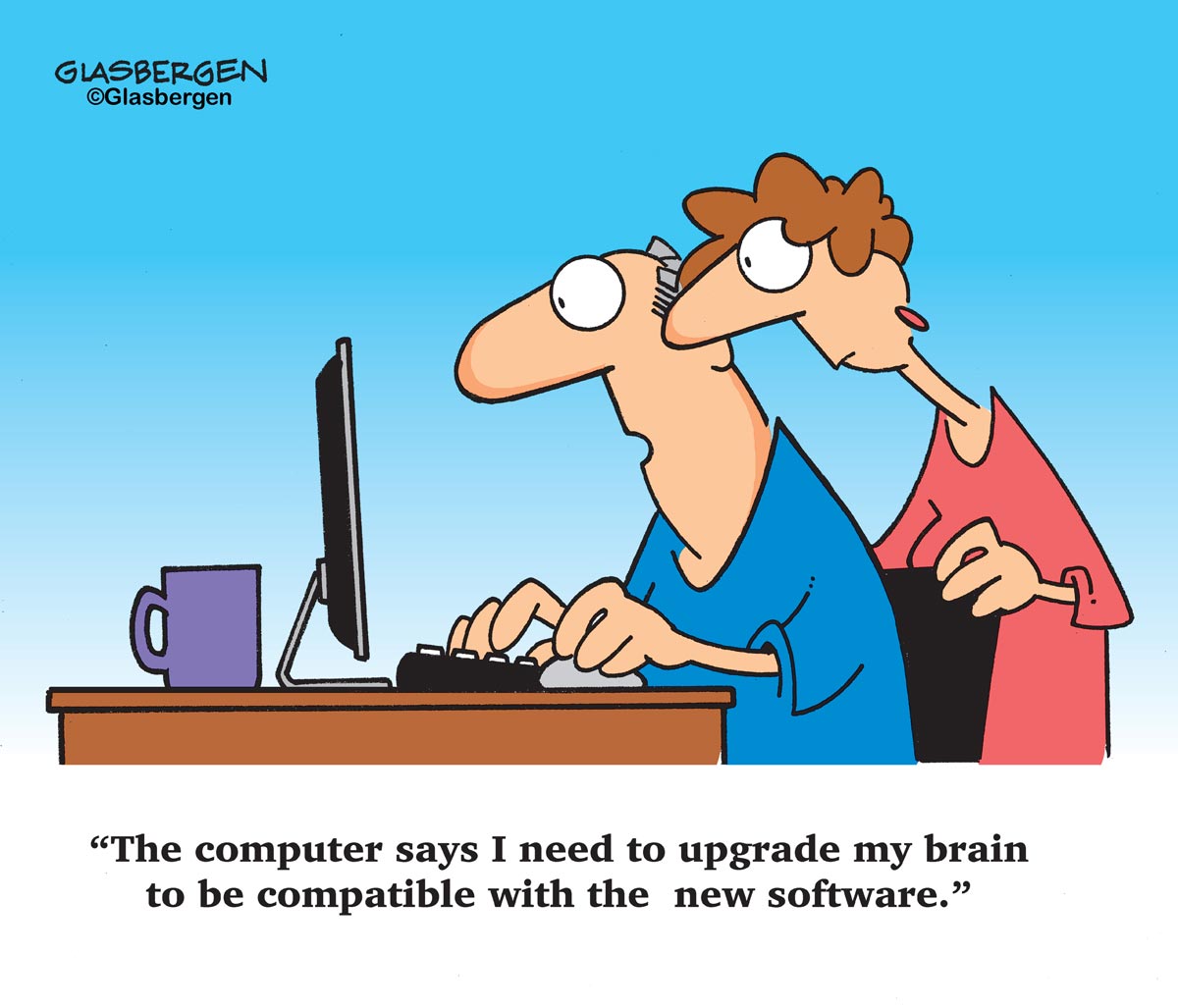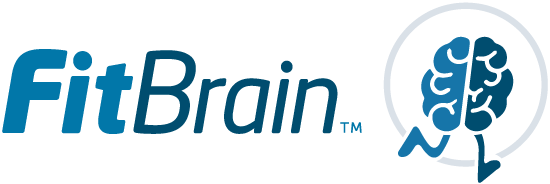
Living to be 105 while staying mentally sharp, mobile, and energized is entirely different from just living to 105.
Brain development and learning do not end when we become an adult. However,we indeed experience a natural decline in our cognitive skills as we age. Research shows this cognitive decline actually starts around 40 years of age for most of us; but we may not actually ‘feel’ the impact until 50 or 60 or even acknowledge these changes before we hit 70+ years of age. Our cognitive skills (which include attention, auditory processing, processing speed, memory, logic/reasoning) are the fundamental tools the brain uses to perform our mental tasks of learning, reading, remembering, and paying attention. Our cognitive skills impact everything we do and the speed and efficiency at which we do it.
When we think of slowing down, we often think about movement, but it also applies to our abilities to hear/perceive, remember, think, and reason. In listening, we become less accurate at following a conversation or a TV program. As our listening skills lose speed and accuracy, we begin to notice our ability to remember isn’t what it used to be. There is a direct correlation between our listening skills and our memory.
The great news is our brain has ‘special powers’ called brain plasticity — this translates to the FACT that we are never too old to improve our cognitive skills. Throughout our life – in response to mental activity – cognitive function can be improved, regardless of age, and cognitive decline can be reversed (until related neuropathology gains a strong foothold such as Alzheimer’s).
Careful controlled studies with seniors have been reported in scientific journals that after 40 hours of computer-based training, the average improvement in cognitive performance across the board was 14 years. On average, if you were 70 years old when you underwent the training and completed 40 hours of brain training, your cognitive abilities operated like that of a 56-year old. [The ACTIVE Study: Study Overview and Major Findings, Sharon L. Tennstedt, PhD and Frederick W. Unverzagt, PhD, US National Library of Medicine, 2013.]
In the same study, equally strong or even greater effects were seen in 40 to 50 year-olds using evidence-based brain training.
What are some signs of cognitive skill decline?
- Name recall – Names take longer to come to mind or, maybe, you know the word starts with the letter ‘N’ but can’t quite remember the word you are looking for.
- Misunderstanding what someone says – did you say “stay” or “say”. This type of mishearing is typically due to auditory processing speed – muddled words are not necessarily caused by an actual loss of hearing. Most of the time it is due to the brain slowing down in its auditory processing speed. The brain takes the sound vibrations (from the ears) and converts them into electrical signals that is interpreted by the brain. So, your ears are still doing their job well, but when the brain slows down, it impacts what we ‘hear’.
- Finding it difficult to hear and follow along what is being said in a group of friends or on TV. Misinterpreting a discussion such as “Let’s go to the store” vs “Lice are on the floor” changes everything.
- Being easily distracted when involved in an activity or conversation.
- Becoming more forgetful or not remembering what you were just talking about.
- Feeling sluggish or slow in your thought processes, or confused, or a bit dusty or . . . . ‘just not like I used to be’.
The brain is a learning machine and requires new (novel) learning throughout our life. Roughly at midpoint of life, most adults are feeding the brain the same old stuff. Many of us view ourselves as ‘still learning’, but are we confusing content acquisition of new learning with mastery of content from previous learning? In the context of the brain, these are not the same.
See Brain FAQs (Rejuvenating the Brain – Over 50’s) for additional information.
- Age-related cognitive decline
- Dementia
- Alzheimer’s
- Driving skills
Reclaim back your zest and vitality for life. Contact FitBrain ™ for a chat.
